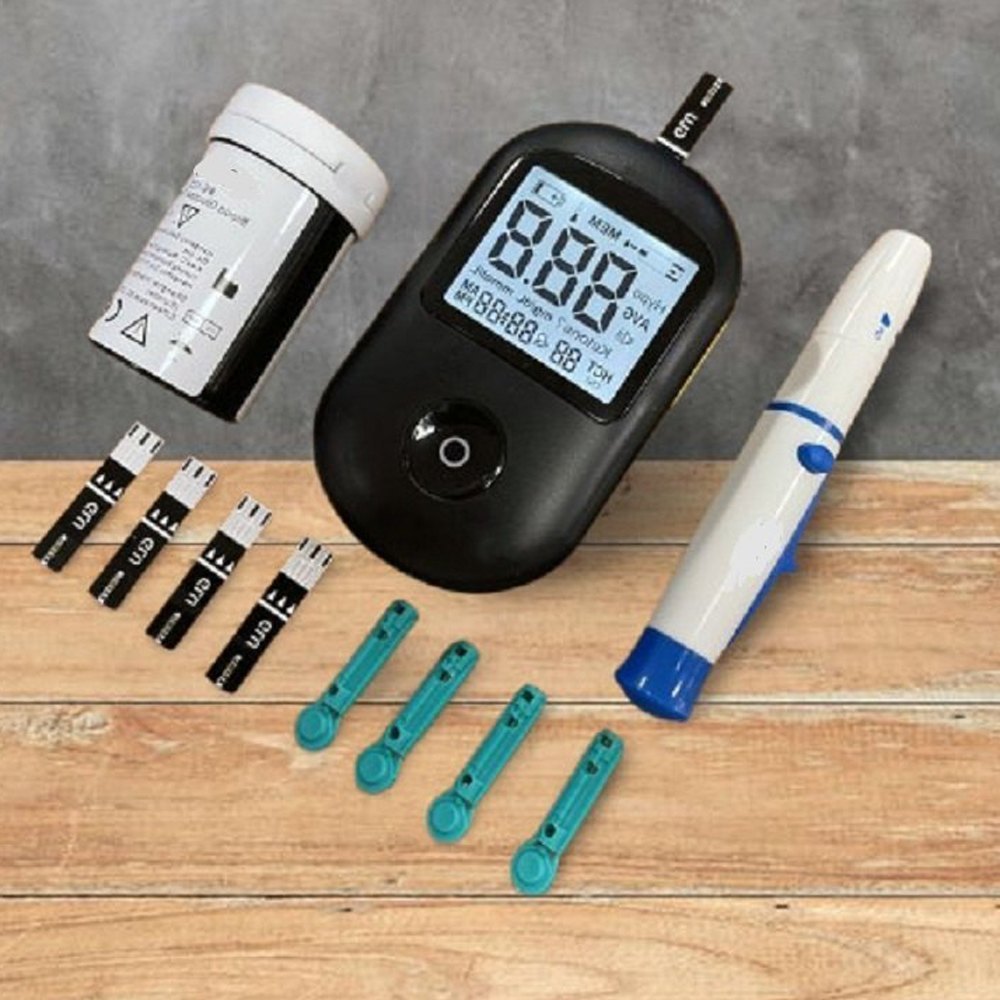Table of Contents
Many people are gearing up to traveling to their hometowns or visit loved ones. If you have diabetes, a chronic condition affecting millions globally, planning ahead is crucial to ensure a smooth and healthy trip. Here are five travel tips to help you manage diabetes while on the go.
While traveling Carry a Functional Glucometer:

A glucometer is a handy device that measures glucose levels in your blood. While traveling, always carry a functional glucometer with an adequate supply of non-expired test strips.
Dr. Ingale emphasizes the importance of monitoring blood sugar levels regularly. This helps you stay aware of your condition and take necessary actions to keep your levels within the target range. Regular Blood Sugar Monitoring:
A glucometer allows for quick and convenient monitoring of blood sugar levels. Regular checks help you stay aware of your current condition and make informed decisions about your diet, insulin intake, and overall well-being. The real-time feedback provided by a glucometer enables you to assess the impact of various factors on your blood sugar levels. This empowers you to make timely adjustments to your treatment plan.
Insulin Pens for Convenience:

Insulin is essential for people with diabetes, especially for those with type 1 diabetes. Insulin helps blood sugar enter cells for energy. Insulin pens are compact and portable, fitting easily into a pocket or a small bag. This makes them ideal for travel, ensuring that individuals with diabetes can carry their insulin conveniently without the need for bulky equipment.
opt for insulin pens over vials for convenience during travel. Ensure the pens are functional, and you have enough insulin stocked.
Plan your activities, and carry snacks, especially for strenuous situations. Proper planning ensures you are well-prepared to manage your insulin needs on the go.
Wear a Medical ID Bracelet:

In case of emergencies, a medical ID bracelet can provide crucial information about your diabetes and other health conditions.
The bracelet serves as a quick reference for emergency medical teams, helping them provide effective treatment. Even unrelated health issues can be better addressed with this information.
Mind Your Diet:

Diet plays a significant role in managing blood sugar levels. While traveling, it’s tempting to indulge in various foods, but certain items should be avoided.
Steer clear of sugary items, trans fats, flavored yogurts, fruit juices, and bakery products. Opt for healthier alternatives like berries, almonds, pistachios, whole grains, non-starchy vegetables, and sprouts.
Dr. Ingale recommends making wise breakfast choices to kickstart your day on a healthy note.
Prioritize Lifestyle Choices:

Regularly check blood sugar levels, even without symptoms. Timely monitoring enables you to make informed decisions about your meals and insulin intake. impact blood sugar levels.
Eat on time and in controlled quantities. Avoid overeating or fasting, as these extremes can
Traveling may disrupt your sleep routine, leading to elevated blood sugar levels. Practice proper sleep hygiene, and maintain a consistent sleep schedule.
Stay active during your trip. Incorporate walks into your routine to promote blood circulation and overall well-being.
Pay attention to your footwear, particularly if you have diabetic neuropathy, which may reduce sensation in your feet. Dr. Ingale suggests checking your feet, moisturizing, and staying hydrated before bedtime.
In conclusion,
Managing diabetes during travel requires careful planning and adherence to healthy habits. From monitoring blood sugar levels to choosing the right foods and maintaining an active lifestyle, these tips can make your journey enjoyable and safe. Remember, your well-being is a priority, and with the right preparations, you can celebrate the festive season with peace of mind and good health. Safe travels!



